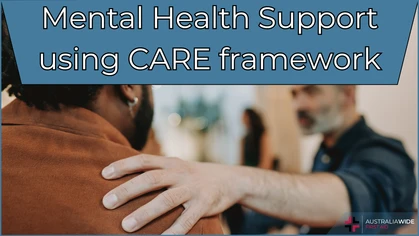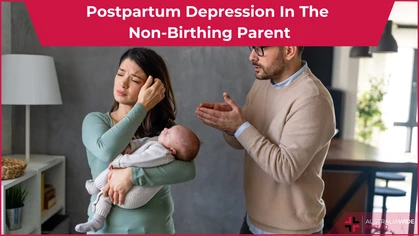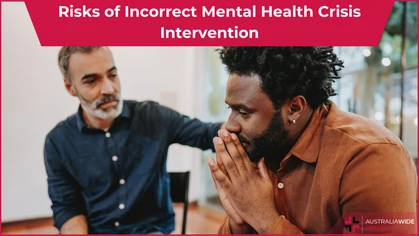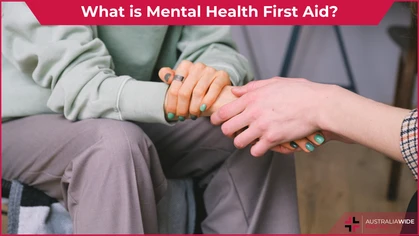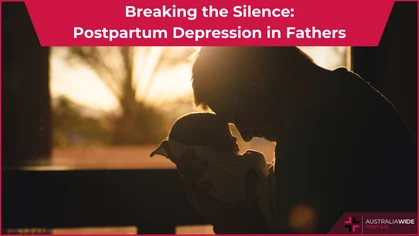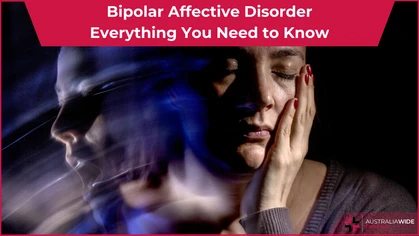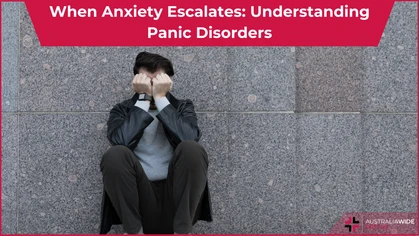Substance Use Disorders: Everything You Need to Know

Mental Health
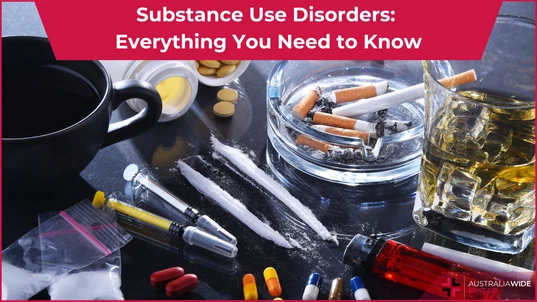 Substance use disorders are a set of complex mental health issues that affect millions of people worldwide.
An SUD can have a devastating impact on all aspects of your life, but with the right approach and treatment, you can still recover and live a normal, healthy life.
In this article, we’ll cover everything you need to know about substance use disorders, from their causes to when to seek professional help.
Substance use disorders are a set of complex mental health issues that affect millions of people worldwide.
An SUD can have a devastating impact on all aspects of your life, but with the right approach and treatment, you can still recover and live a normal, healthy life.
In this article, we’ll cover everything you need to know about substance use disorders, from their causes to when to seek professional help.
What is Substance Use Disorder (SUD)
Substance use disorder or SUD is a complex mental health condition where the patient loses control over their ability to stop using a substance despite obvious harmful consequences. It involves the use of legal as well as illegal substances, including:- Heroin
- Cocaine
- Marijuana
- Methamphetamine
- Nicotine
- Alcohol
- Prescription medication
- Mild: 2 - 3 Symptoms
- Moderate: 4 - 5 Symptoms
- Severe: More than 6 Symptoms

Depression, abuse, bipolar disorder, PTSD, anxiety, ADHD, and genetics can all contribute to SUDs
Causes of Substance Use Disorders
The potential causes of substance use disorders are many. Your environment is one of the most important ones. Peer pressure, societal norms, and access to substances may also lead to excessive use of a substance. Moreover, people with other mental health disorders may turn to long-term substance use as a way to cope with their symptoms. Common conditions that may contribute to the development of SUDs are:- ADHD (Attention Deficit Hyperactivity Disorder)
- Bipolar disorder
- Depression
- Anxiety
- PTSD (Post Traumatic Stress Disorder)
- Domestic violence
- Family members with SUDs (Substance Use Disorders)
- Childhood abuse
- Household dysfunction
Signs of Substance Use Disorders
Common signs and symptoms of substance use disorders are:- Taking a prescription drug in larger dosages and for longer amounts of time than prescribed.
- Feeling a strong urge to use the substance.
- Having a tough time stopping substance use.
- Having issues performing daily-life responsibilities.
- Developing tolerance (Needing more and more to get the same effect).
- Experiencing withdrawal symptoms.
How are Substance Use Disorders Diagnosed?
A psychiatrist, mental health professional, or your family doctor can diagnose SUDs. The procedure involves a thorough evaluation of the patient’s medical history and behaviours. It’s important to note that you need to have at least two symptoms over the course of 12 months in order to be diagnosed with an SUD.Substance Use Disorders Treatment Options
The treatment options for SUDs are highly individualized. This means everyone needs a personalized plan depending on the root cause and medical history. SUDs are often accompanied by another mental health condition, so the doctor may create a treatment plan addressing both issues. Some common treatment options for SUDs are:- Detoxification
- Cognitive therapies
- Medication

Seeking professional help can help you to prevent and treat SUDs
Prevention of Substance Use Disorder
Prevention is always better than treatment. If your doctor has prescribed you a medicine, always stick to the instructions. Plus, difficult times can make an individual turn to substance abuse. It could be a loss of a job, divorce, death of a close one, or any personal loss. If you’re in distress, turn to healthy coping mechanisms like medication, exercise, working on a new project, learning a skill, and taking on a hobby. Plus, you can always talk to a mental health specialist and get an action plan.When To Seek Professional Help for SUD
If you’re taking a prescription medicine, and you feel you’re developing a dependence on it, it’s time you talk to your doctor. You need professional help if you’re having a hard time resisting the urge to take a drug. You May Also Like: Food Choices that Support Mental HealthConclusion
Substance abuse disorders can affect all aspects of your life. But, with the right approach, it’s more than possible to overcome this mental health condition. An SUD is a mental health condition where the urge to take a substance gets too strong. The condition is characterized as mild, moderate, and severe based on the number of symptoms. Addiction is the severest form of SUD. Some common reasons for developing SUDs are your environment, social pressures, and genetics. If you feel you’re developing a dependence on a substance or even a prescribed medicine, seek professional help. Your doctor may take your medical history and perform an evaluation to determine the cause and propose a treatment plan accordingly. You May Also Like: How to Ask for Mental Health HelpSubstance Use Disorders: FAQs
What are the Types of Substance Use Disorder? Substance use disorders involve excessive use of prescription drugs, nicotine, alcohol, and other illicit substances. The disorder leads to problems in your social, professional, and personal life. What is the Difference Between Substance Use Disorder and Addiction? SUDs are classified based on the number of symptoms, ranging from mild to moderate to severe. Addiction is the most severe form of substance use disorder. It’s a condition that develops as a result of continued misuse of a substance or substances. What Do Substance Use Disorders Depend On? There can be several causes of an SUD, including environmental stressors, social pressures, psychiatric problems, and more. A certified mental health professional can tell you the cause of your substance use disorder. Can Addiction Be Genetic? Your genetic makeup is one of the potential causes of addiction, the severest form of SUD. In fact, you’re almost 50% more likely to develop addiction if your direct relative has it.
Originally published at
https://www.australiawidefirstaid.com.au/resources/substance-use-disorders
as part of the Australia Wide First Aid Articles Library

